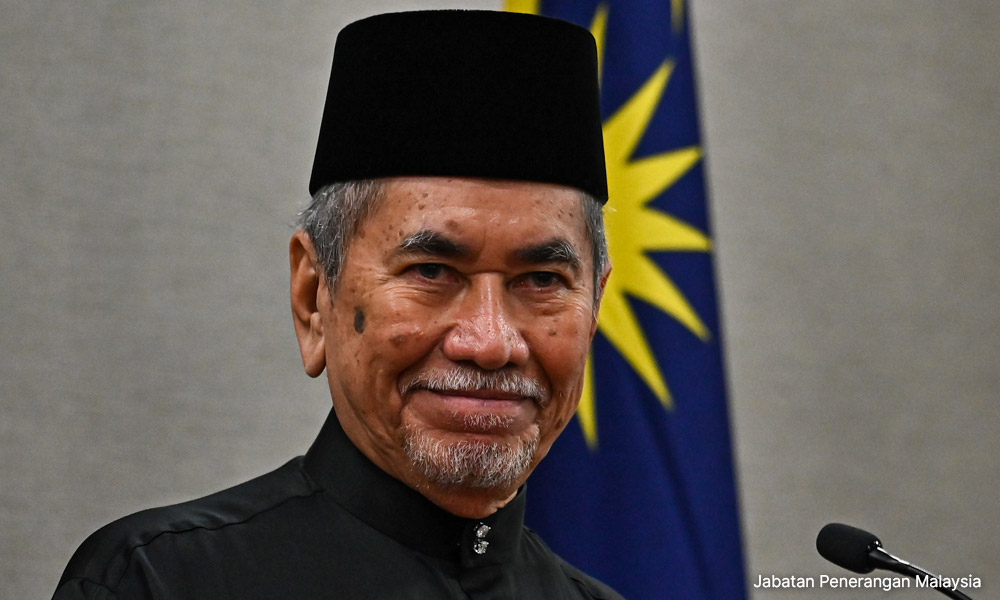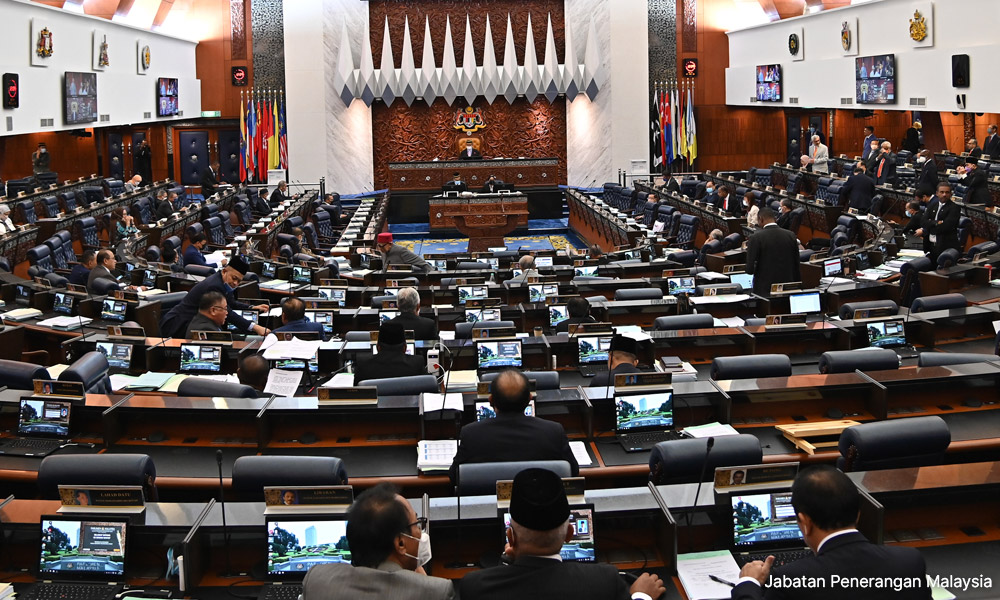Bersih has called on the Prime Minister Anwar Ibrahim-led government and Perikatan Nasional to sign an inter-coalition peace deal after the conclusion of state elections.
This, the electoral reform group said, is to ensure political stability as soon as the state polls are over, regardless of the outcome.
“It is time for another inter-party agreement like the Memorandum of Understanding (MOU) for Political Transformation and Stability signed by the Ismail Sabri Yaakob government and Pakatan Harapan in September 2021, which enabled 13 months of political stability.
“The MOU resulted in the passing of the anti-hopping law and some measures of parliamentary reform.
“Bersih urges Anwar and opposition leader Hamzah Zainudin to make their commitment to negotiate for a peace deal post-state elections,” it said in a statement today.
Such an MOU will assure the public as well as domestic and foreign investors that Malaysia can focus on economic rejuvenation by crushing continuous rumours of mid-term change of government that undermines political stability and market confidence, the group explained.
On trust-building and groundwork, Bersih said the coalition government and the opposition can consider seeking the service of Parliament, namely the senate president Wan Junaidi Tuanku Jaafar and Dewan Rakyat speaker Johari Abdul.

Wan Junaidi was the former law minister who oversaw the implementation of major reforms including the anti-hopping law under the MOU.
“Parliament can and must play a main role for a sustainable political peace till end of 2027 that would require empowerment of opposition MPs and government backbenchers in exchange for the opposition’s promise to not plot for the government’s collapse.
“A respect for the outcome of election and government formation must go hand and hand with a level playing field that allows the opposition to compete constructively and professionally.
“Only then, the government and opposition can compete on policy and governance, and not harping on identity politics such as race, religion and royalty (3Rs),” it added.
More institutional reforms
Bersih also proposed the peace deal incorporate 10 political arrangements and institutional reforms.
Among them are a fixed term Parliament act for the 15th Parliament to go full term until Dec 18, 2027, codification of provisions and processes for Parliament’s confidence mechanism, and amendments to the Standing Orders of both Houses to empower government backbenchers and guarantee effective parliamentary oversight.
It also wants the re-introduction of the Parliamentary Service Act to make Parliament more independent, the reform of the Attorney-General Chambers and MACC to remove the political control of the prime minister and the reform of the Election Commission.

Other proposed reforms include the recognition of the opposition’s shadow cabinet with adequate allocation to shadow ministers, an equitable constituency development funding act to ensure equal treatment for all MPs regardless of party affiliations and a political funding act.
“Bersih hopes that both the coalition government and PN would welcome this call positively in part to overcome political fatigue and apathy found among many voters and likely result in a dangerously low turnout in the state elections.” - Mkini




No comments:
Post a Comment
Note: Only a member of this blog may post a comment.